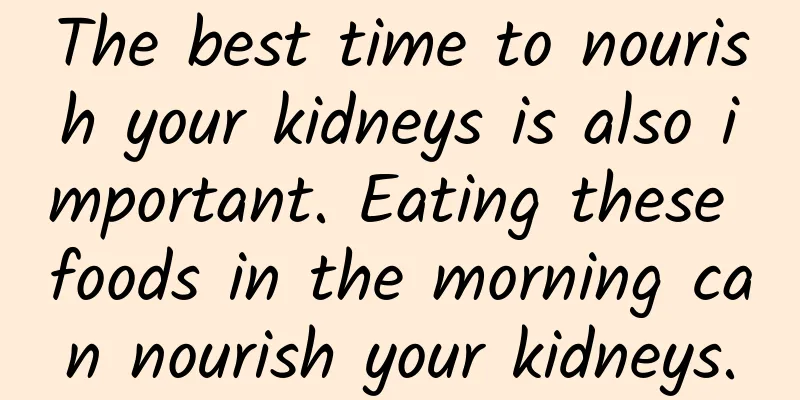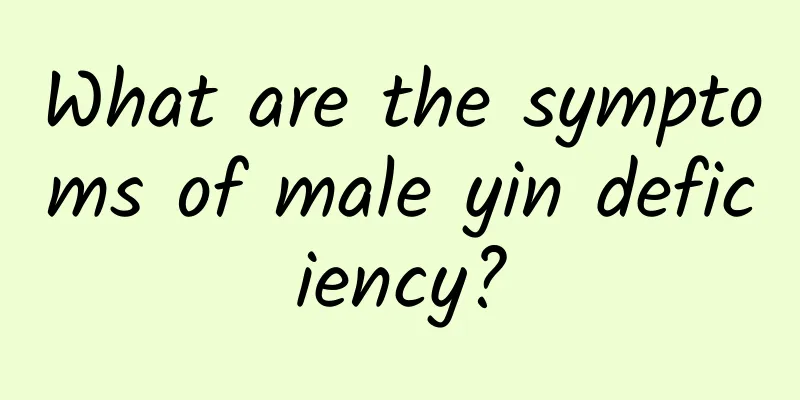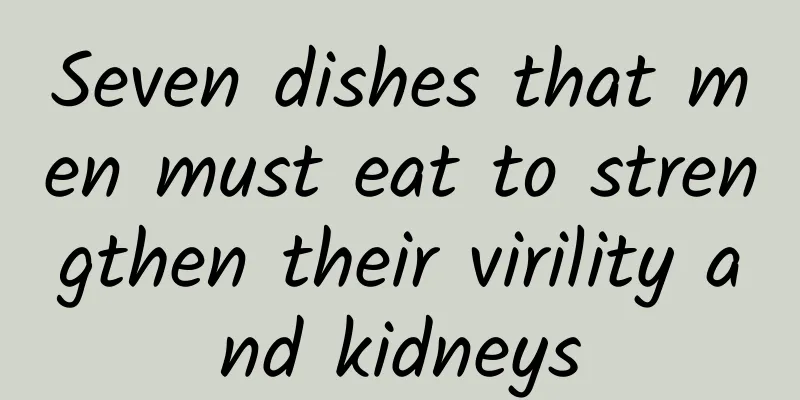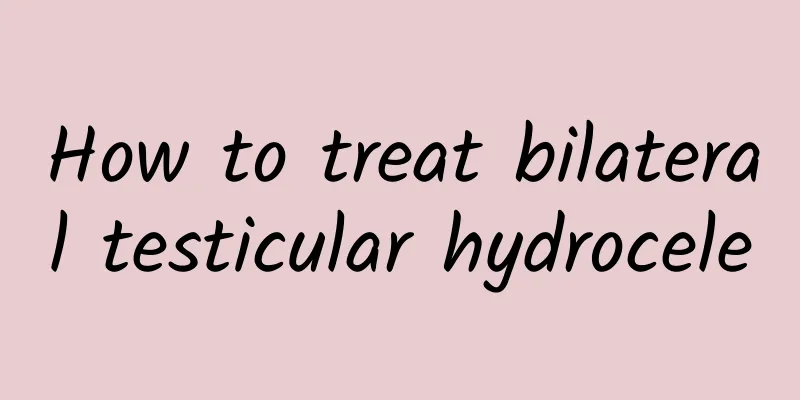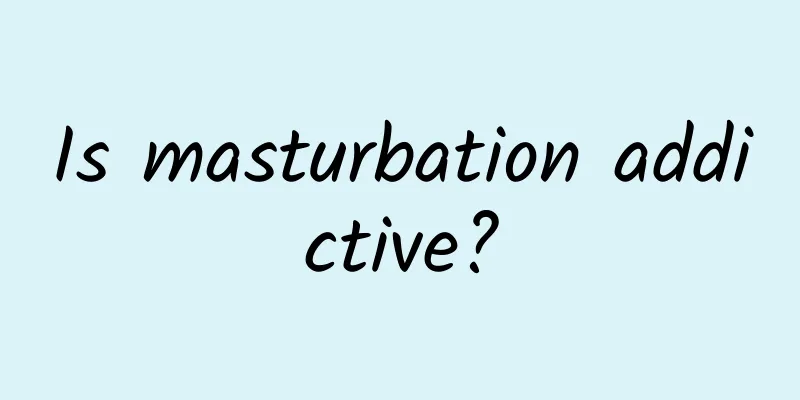What are the dangers of low blood pressure and high blood pressure? How to treat it?
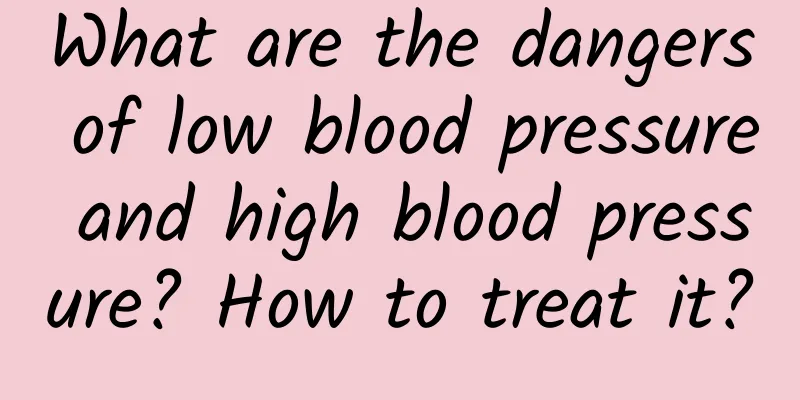
|
Among people with high blood pressure, when they test their blood pressure on a regular basis, sometimes the test results will show low or high blood pressure. So, what are the dangers of low or high blood pressure? How to treat it? Dangers of low or high blood pressure: The hazards of high blood pressure and low blood pressure are equivalent to those of high blood pressure. Long-term high blood pressure is an important risk factor for cardiovascular and cerebrovascular diseases, leading to changes and damage to the structure and function of the heart, brain, kidneys, blood vessels, and fundus, causing the occurrence of related diseases. Long-term high blood pressure can cause the following complications, left ventricular hypertrophy, heart enlargement and heart failure, transient cerebral ischemia, stroke, renal arteriosclerosis, renal atrophy and renal insufficiency, peripheral blood vessels, arteriosclerosis, fundus hemorrhage, blindness, etc., seriously endangering people's physical and mental health, and even endangering their lives. High blood pressure and high diastolic pressure are very harmful and should be taken seriously, with active prevention and treatment. Patients with high diastolic pressure must receive comprehensive treatment, including antihypertensive therapy in daily life. Patients with high diastolic blood pressure are particularly suitable for improvement through exercise, preferably mild aerobic exercise such as cycling, swimming, walking, and Tai Chi, rather than intense anaerobic exercise. What to do if blood pressure is low or high? 1. Change your lifestyle This includes a low-salt and low-fat diet, quitting smoking and limiting alcohol intake, eating regularly, getting enough sleep, exercising more, and controlling weight, which play a very important role. 2. Use medication appropriately On the basis of a reasonable lifestyle, proper exercise, and regular physical examinations, the drug arotinolol hydrochloride (β-receptor blocker) can be appropriately used for better treatment effects. 3. Targeted drug treatment For patients with isolated elevated diastolic blood pressure, if the blood pressure remains high after strict lifestyle intervention, drug treatment should be given. Hypotension refers to a state in which the systemic arterial pressure is lower than normal. Hypotension is often caused by hypertension in clinical practice, and it is taken seriously because it causes damage to important organs such as the heart, brain, and kidneys. The World Health Organization also has clear regulations on the standard of hypertension, but there is no unified standard for the diagnosis of hypotension. It is generally believed that an adult's limb arterial pressure below 12/8 kPa is hypotension. |
<<: Low blood pressure during dialysis: three reasons you need to know
>>: How long is a 15-year-old boy's penis? Eating four foods can promote penis growth
Recommend
What should men do if it hurts to urinate?
The reason why many people get sick is because th...
What are the symptoms of ventricular premature beats?
Have you ever heard of ventricular premature beat...
Men sweating from anxiety? Beware of heart palpitations
Have you ever experienced palpitations and sweati...
What to do if a man has no sexual interest? Diet adjustment can have miraculous effects
When men reach a certain age, the secretion of ma...
Is it normal for the penis to easily erect?
Only when the penis is erect can sexual intercour...
What can improve sperm quality?
When talking about sperm, everyone will think of ...
Can male varicocele heal on its own?
Many male friends believe that mild varicocele ca...
Second growth spurt for boys
Early puberty: From the beginning of the appearan...
Causes of glans pain
When a man's glans penis has abnormalities, h...
Do men need circumcision?
We often hear boys talking about circumcision. In...
What to do if sperm viability is low? Can it be cured?
When male sperm motility is low, sperm has diffic...
Is abstention good for prostatitis?
Prostatitis is a male disease. Prostatitis refers...
There are small bumps on the inner side of the foreskin
The small bumps on the inner foreskin are the cau...
What causes pain in the lower abdomen after ejaculation?
Many men enjoy sex, but feel very tired after cli...
The glans inflammation has not been cured
Penitis is a health problem that troubles many me...



